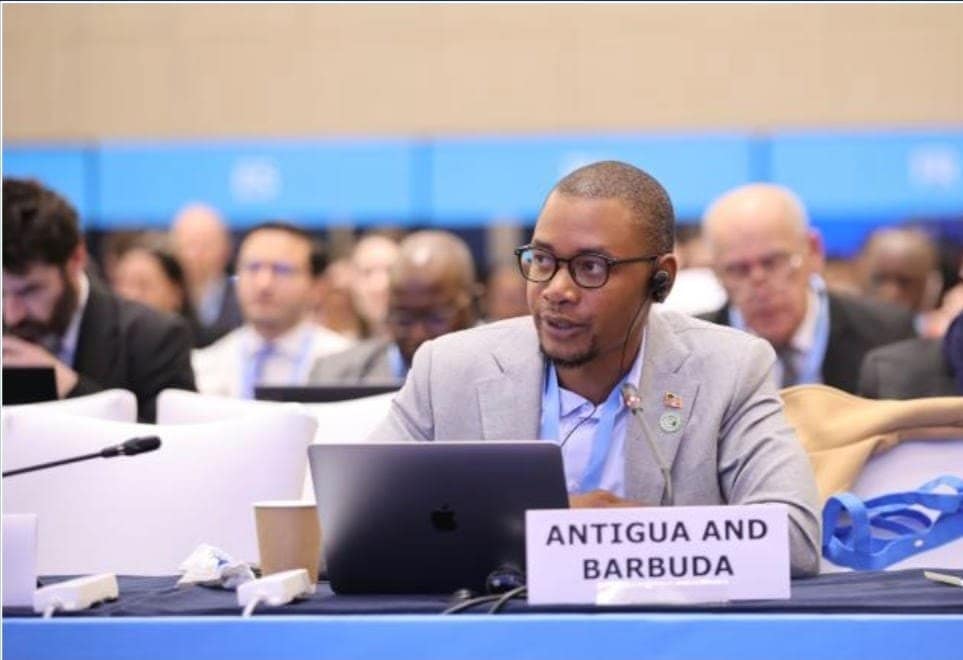Antigua and Barbuda is poised to play a pivotal role in global climate diplomacy as Arry Simon, a senior official from the Department of Environment, has been appointed to lead the Alliance of Small Island States (AOSIS) and CARICOM in high-stakes science negotiations. These discussions will take place at the 63rd Session of the Intergovernmental Panel on Climate Change (IPCC-63) in Lima, Peru, and during the 30th Conference of the Parties (COP30) in Belém, Brazil. The talks are expected to shape the next decade of global climate action, with a focus on aligning the IPCC’s Seventh Assessment Report (AR7) with the Second Global Stocktake (GST2) under the Paris Agreement. However, this alignment has faced resistance from several major carbon-emitting nations. Simon, a seasoned negotiator with extensive experience in UNFCCC processes, emphasized the challenges ahead. ‘We are entering a critical phase where evidence-based policymaking is under scrutiny,’ he stated. ‘Our role as Small Island Developing States is to defend the integrity of science and ensure global climate ambition is grounded in the best available evidence.’ Observers highlight that these negotiations will determine how scientific findings are integrated into future climate targets, financing frameworks, and adaptation strategies. For vulnerable island nations like Antigua and Barbuda, the outcomes are of existential importance. Under Simon’s leadership, the AOSIS Science delegation will advocate for the independence and continuity of the IPCC process while ensuring the next assessment cycle delivers timely, policy-relevant insights to guide the implementation of the Paris Agreement. As the world approaches COP30, a landmark event marking the midpoint to 2030, the alignment of science and policy will be crucial in determining whether global efforts to limit warming to 1.5°C remain on track.
Antigua and Barbuda to Lead Crucial Global Climate Science Negotiations
